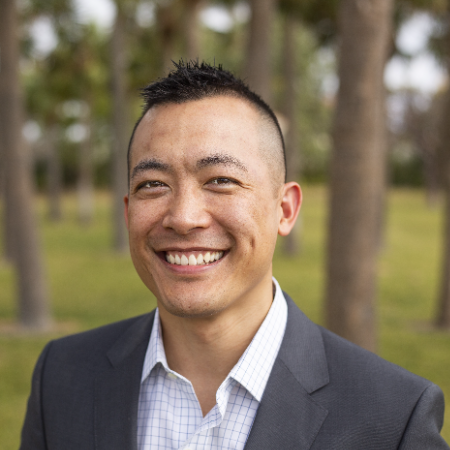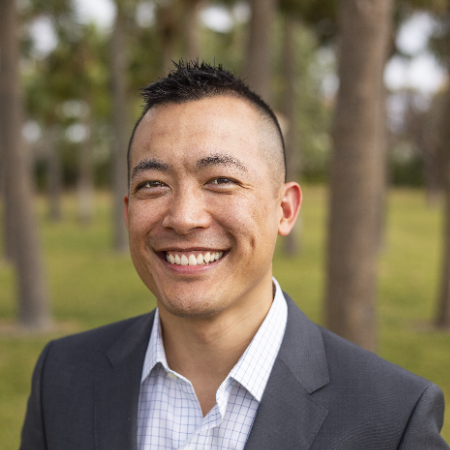
Navigating the Maze of Trauma & Addiction Recovery: A Map for Healing
Navigating the Maze of Trauma & Addiction Recovery: A Map for Healing
Information
Recorded
-
-
Description
The origin of trauma comes from the Greek word for “wound." For trauma survivors, this concept of a "wound" aptly describes the often devastating psychological, emotional, and spiritual injuries they’ve experienced and, often, carry scars from. As a means to cope with these trauma wounds and scars, many turn to addictive or compulsive behaviors. Fortunately, pioneers like Gabor Maté have been instrumental in educating the world on the link between trauma and addiction, but now that we know they’re connected, what the heck are we supposed to do next?
This workshop is designed to provide participants with a deeper understanding of the complex relationship between trauma and addiction and how they intersect in the lives of our clients. Participants will cruise through an intense, 90-minute crash course into the world of trauma with a specific focus on its implications on the treatment of compulsive behaviors and addictive disorders. Participants will gain tools in areas such as case conceptualization, treatment planning, and effectively working with trauma throughout the addiction recovery process. To illustrate important teaching points, various case examples, metaphors, and memes (yes, memes!) will be utilized throughout the presentation.
Educational Goal
Learning Objectives
Participants will be able to:
-
Recognize the impact of trauma on a client’s development of compulsive behaviors and addictive disorders.
-
Describe the relationship between dissociation and addiction and how this influences important recovery considerations.
-
Summarize the physiological impact of trauma and the rationale for bottom-up interventions in addiction recovery.
-
Discover tools and strategies for identifying underlying traumas and core treatment targets when addressing addiction in therapy.
-
Identify the benefits and challenges of 12-step programs for trauma survivors.
-
Evaluate concepts related to treatment pacing, the use of assessment instruments, and ways to prevent relapse while addressing trauma in therapy.
Target Audience
- Addiction Professional
- Counselor
- Marriage & Family Therapist
- Psychologist
- Social Worker
Presenters
Financially Sponsored By
- Futures Recovery Healthcare
